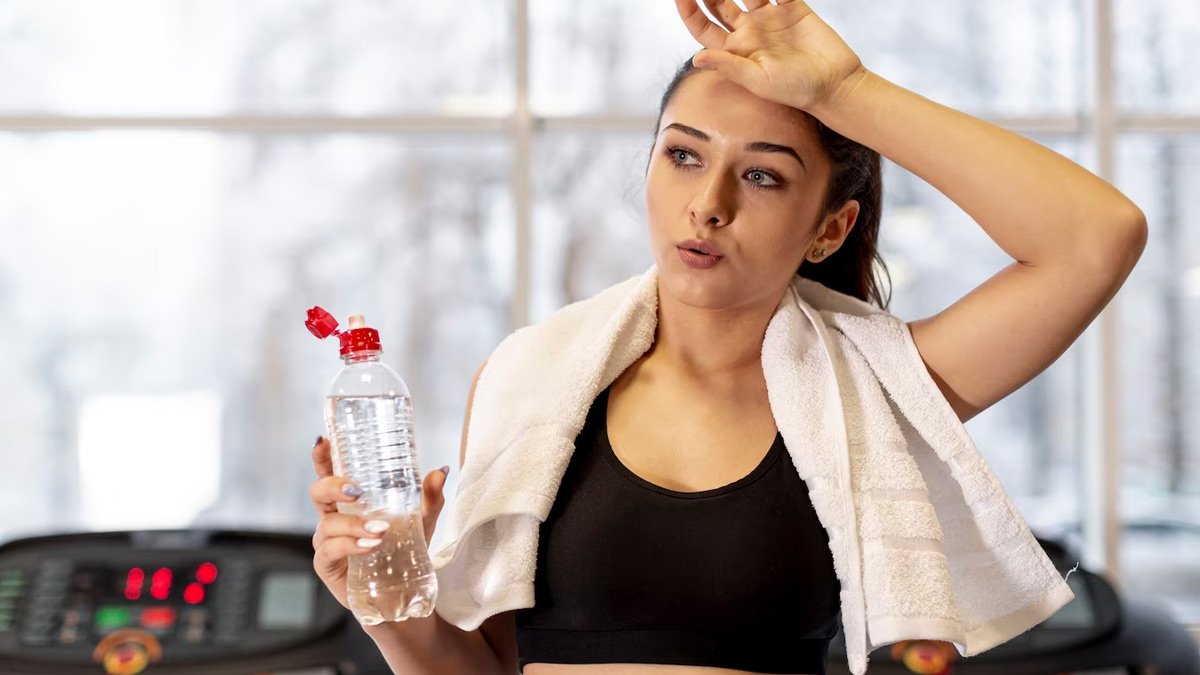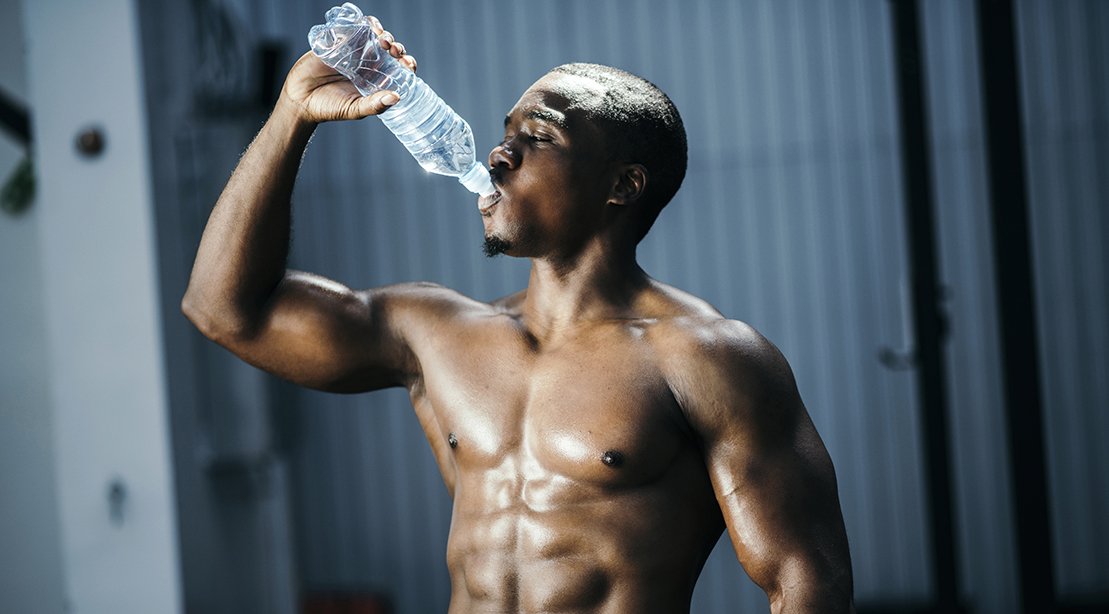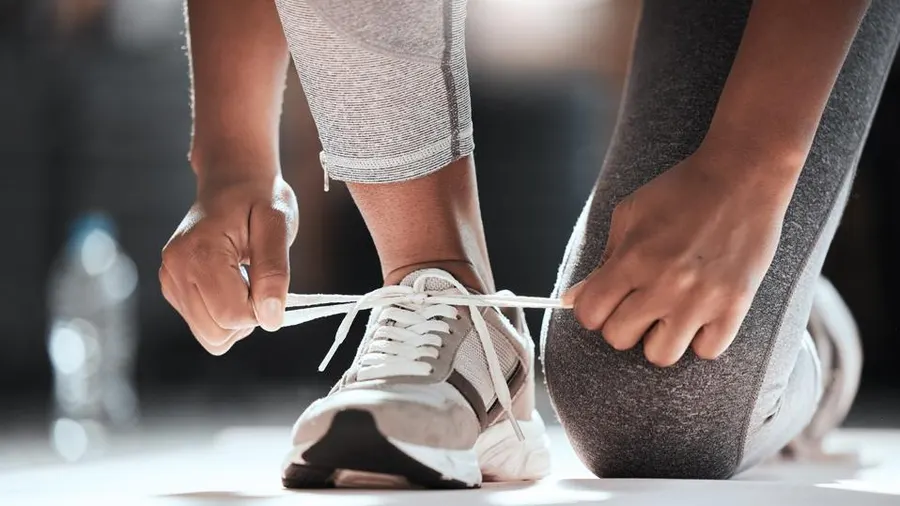Hydration is often overlooked, yet it plays a crucial role in maintaining physical health and optimizing performance. Proper hydration affects everything from physical exercise to cognitive function. This article explores the significance of hydration, how it impacts health and performance, and tips for staying adequately hydrated.
1. Understanding Hydration
Hydration refers to the process of providing the body with adequate water to maintain normal physiological functions. The human body is made up of approximately 60% water, and this balance is vital for:
- Cell Function: Water is essential for the functioning of cells, allowing them to perform their necessary tasks.
- Temperature Regulation: Hydration helps regulate body temperature through sweat production, which cools the body during physical activity.
2. The Impact of Hydration on Physical Health
Staying hydrated is fundamental to overall health. Here’s how proper hydration affects various aspects of physical well-being:
- Digestive Health: Water aids in digestion and prevents constipation by helping to dissolve nutrients and fiber.
- Kidney Function: Adequate hydration supports kidney function, helping to filter waste from the blood and excrete it through urine.
- Joint Lubrication: Hydration helps maintain synovial fluid levels, which lubricates joints and reduces friction during movement.

3. Hydration and Physical Performance
Hydration plays a significant role in athletic performance. Here’s how it affects exercise:
- Energy Levels: Dehydration can lead to fatigue, reducing energy levels and impairing physical performance.
- Muscle Function: Water is vital for muscle contraction. Dehydration can lead to muscle cramps and decreased strength.
- Endurance: Studies show that even mild dehydration (1-2% body weight loss) can negatively impact endurance performance, leading to decreased stamina and increased perceived effort.
4. Signs of Dehydration
Recognizing the signs of dehydration is crucial for maintaining optimal hydration levels. Common symptoms include:
- Thirst: The body’s natural signal that it needs more fluids.
- Dark Urine: A sign of concentrated urine, indicating a lack of hydration.
- Fatigue: Feeling tired or lethargic can be a result of insufficient fluid intake.
- Headaches: Dehydration can lead to headaches and migraines.
5. Hydration Tips for Optimal Health and Performance
To maintain optimal hydration levels, consider the following tips:
- Drink Water Regularly: Aim to drink water throughout the day, not just when you feel thirsty. A general guideline is to consume at least 8-10 cups (2-2.5 liters) of water daily.
- Monitor Urine Color: Keep an eye on the color of your urine. Pale yellow is an indicator of good hydration, while dark yellow signals a need for more fluids.
- Incorporate Hydrating Foods: Include water-rich foods in your diet, such as fruits (watermelon, oranges) and vegetables (cucumbers, spinach).
- Adjust for Activity Levels: Increase your water intake during exercise or hot weather. For prolonged physical activity, consider electrolyte-replenishing drinks.
- Set Reminders: Use apps or alarms to remind you to drink water throughout the day, especially if you often forget.
6. Hydration in Different Environments
Your hydration needs may vary depending on your environment:
- Hot Climates: Increased temperatures lead to more sweating. Ensure you drink extra water to compensate for fluid loss.
- High Altitudes: At higher elevations, your body loses more water through respiration. Stay vigilant about your hydration levels if you’re in a mountainous area.
Conclusion
Hydration is a fundamental aspect of physical health and performance. By understanding the importance of proper hydration and implementing strategies to maintain optimal fluid levels, you can enhance your health, improve your exercise performance, and support your overall well-being. Remember, staying hydrated is a simple yet powerful way to boost your physical and mental performance in daily life and during workouts. Make hydration a priority and feel the difference it can make!




